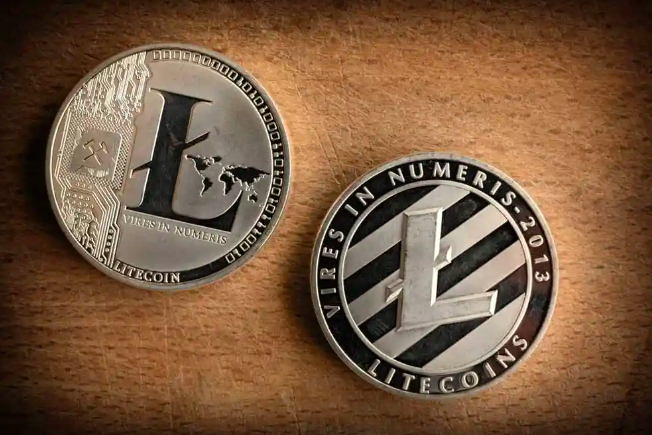Ethereum Plunges Below $1,700 As The Merge Draws Mixed Reactions

With less than a month to go before Ethereum transitions from a Proof-of-Work to a Proof-of-Stake blockchain, the crypto community is increasingly divided on the biggest structural shift in crypto history. Whereas there is no doubt that the merge will drastically reduce expenses and give rise to the first large-scale demand for assets in crypto history, a section of Ethereum enthusiasts, especially miners, are opposed to the event.
Chandler Guo, a prominent Ethereum miner involved in the 2016 fork that resulted in Ethereum and Ethereum Classic, has been one of the leading voices behind forking Ethereum to produce an EthPoW network, allowing miners to ignore the merge update and continue mining.
In an interview earlier this week, Guo stated that introducing PoS on Ethereum would wreck miners’ livelihoods. “Many miners would have to shut down their businesses,” said Guo, adding that it could also be hard to repurpose mining hardware to mine other PoW coins. The pundit further stated that his proposal was fast attracting Ethereum miners and that they hoped to fork the network during the first week of September.
Some enthusiasts also feel the Ethereum network will be increasingly censored under PoS. With the recent ban on Ethereum-based crypto mixer Tornado cash exposing just how much control the OFAC may have on crypto networks, people like Twitter user “ElonVerse” believe it will be worse post-merge. “Over 66% of the network’s beacon chain validators will adhere to OFAC regulations,” ElonVerse tweeted.
On the other hand, although Ethereum’s founder Vitalik is not opposed to PoW, he has recently called out those looking to fork Ethereum, referring them to entities who are “just trying to make a quick buck.” Some institutional traders are also supporting Ether’s transition to PoS, with JPMorgan stating this week that it will be advantageous to exchanges– especially those that offer staking services.
Meanwhile, Ethereum prices dropped sharply towards the end of the week as the Pre-merge enthusiasm seemingly fizzled out. According to Arthur Hayes, co-founder of 100x Group, the sell-off is either being caused by investors who are unsure if the merge will happen and are thus hedging their ETH exposure “by selling futures contracts at prices higher than the current spot price” -or- by investors who are reducing their current ether holdings “to be able to pick up the free chain-split tokens that will be minted.” Hayes however, believes that “a successful merge will lead to buying pressure at the margin, flipping the market makers’ futures positioning in the process.”
After emerging strongly from June’s low and surging over 100% to tap $2,030 last weekend, Ethereum has plunged by over 13% in under six days. As of writing, Ether (ETH) was trading at $1,698 after losing roughly 4.80% in the past 24 hours, based on data from CoinMarketCap.
This article is authorized for publication, and unless the source is indicated, it is submitted by users and does not represent the position of our website. If the content involves investment suggestions, it is for reference only and not as an investment basis.







